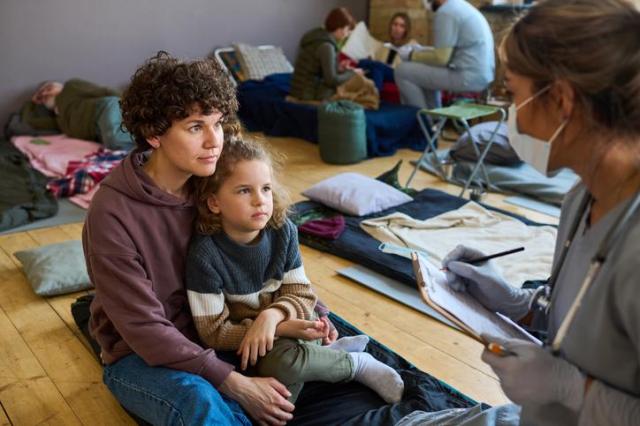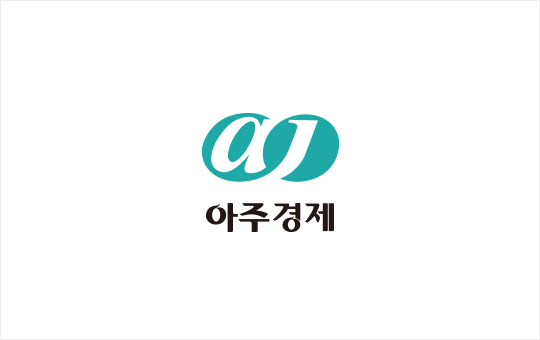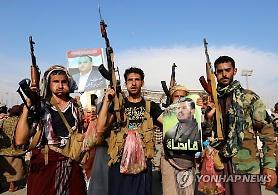
SEOUL -- South Korea's justice ministry is providing video interviews for refugee status applicants who are unable to find their interpreters. Because the majority of professional interpreters live in Seoul and its surrounding cities, the ministry had difficulty communicating with minority language speakers residing in rural regions.
Since 1994, the Ministry of Justice has selected refugees through in-person interviews. As of October 2023, a total of 100,176 people applied for refugee status. 1,412 people have been officially granted refugee status with 2,572 others given an unofficial stay on humanitarian grounds. The main reasons for refugee applications include religious freedom, political conflict, and racism.
The number of foreigners applying for refugee status has significantly increased in South Korea since the country revised a law in 2013 to ease tight restrictions on them. According to the justice ministry, 11,539 foreigners applied for refugee status in 2022, up 392.9 percent from a year ago. Of 11,539 applicants, Kazakhs accounted for the largest portion with 21.2 percent, followed by Indians with 11 percent, and Turkish with 10.2 percent.
South Korea's justice ministry said in a statement on January 4 that video interviews are being demonstrated for those with difficulty finding their interpreters. The video interviews are currently conducted in eight state organizations across the country including the southern city of Gwangju, the resort island of Jeju, and the southern port city of Busan. After a test run, the new interview system will be officially adopted in April.
Video interviews are also allowed for applicants with infectious diseases. The refugee screening was suspended in 2020 and 2021 due to the spread of the COVID-19 pandemic.
Copyright ⓒ Aju Press All rights reserved.



